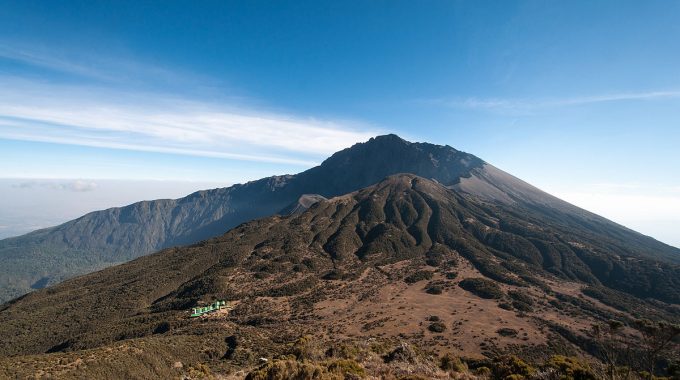What districts are near Kibale National Park? Kibale National Park is located in Western Uganda…
Botswana safari best time to go
Botswana safari best time to go – The best time to go on a safari in Botswana is during the dry season, which typically runs from May to October. This period offers optimal conditions for wildlife viewing and an unforgettable safari experience. Here’s why:

-
Dry Season (May to October) – Best for Wildlife Viewing
- Cooler temperatures: The weather is cooler, making it more comfortable for safari activities, especially early morning and evening game drives.
- Concentrated wildlife sightings: During this time, water becomes scarce, and animals congregate around the remaining water sources. This leads to better opportunities for spotting big game, including elephants, lions, and buffalo.
- Game viewing is excellent: In areas like Chobe National Park (famous for its large elephant herds), Okavango Delta, and Makgadikgadi Pans, the dry season is the best time for seeing a variety of animals, including predators in action.
- Fewer mosquitoes: The dry season is also less prone to mosquitoes, which makes it more pleasant for visitors, particularly in the Okavango Delta.
- Clear skies: With little to no rain, skies are often clear, providing beautiful views and good light for photography.
-
Shoulder Season (April and November) – Great for Fewer Crowds & Good Wildlife
- April (before peak season): The tail-end of the rainy season still has lush green landscapes and fewer tourists. Wildlife is more dispersed, but it’s still possible to see good numbers of animals in areas like the Okavango Delta and Chobe.
- November (just before the rains): November sees the start of the rainy season, but wildlife is still abundant, and the landscape starts to change, making it a great time for photographers and birdwatchers. The crowds are thinner than during the peak months.
-
Wet Season (November to March) – Best for Birdwatching & Lush Landscapes
- Rainy season: While this is the “off-season” for safaris, it has its advantages. The landscape becomes lush and green, and the migratory birds are at their peak, making it an excellent time for birdwatching.
- Fewer tourists: The wet season is quieter, offering a more peaceful, intimate safari experience. While game sightings can be harder to come by, the lush scenery and absence of crowds can make it very special.
- Hot and humid: Temperatures can be high during the day, and there may be afternoon thunderstorms, but mornings and evenings are still pleasant for safaris.
Key Takeaways:
- Best time for wildlife: May to October (dry season) — Best for game viewing, especially June to August.
- Good for birdwatching and quieter safaris: November and April (shoulder season).
- Best for photographers and bird enthusiasts: November to March (wet season) for lush landscapes and migratory birds.
If you’re aiming for a classic safari experience with the best chance of seeing wildlife up close, the dry season (May to October) is your best bet. However, if you’re looking for fewer tourists or are interested in birdwatching, the wet season can offer a unique and quieter experience.



